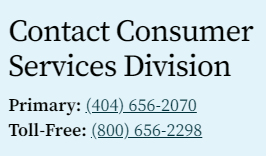[QUOTE=" nobody is ever happy with a claim. Nobody is ever "made whole" after a claim. It's a myth.[/QUOTE]
USAA made us happy twice. My wife totaled 2 cars in a year. They paid more than we expected for a 10 year old Infinity and more than we paid for th Honda Fit to replace the Infinity. Rates only went up after the Honda.
USAA made us happy twice. My wife totaled 2 cars in a year. They paid more than we expected for a 10 year old Infinity and more than we paid for th Honda Fit to replace the Infinity. Rates only went up after the Honda.

